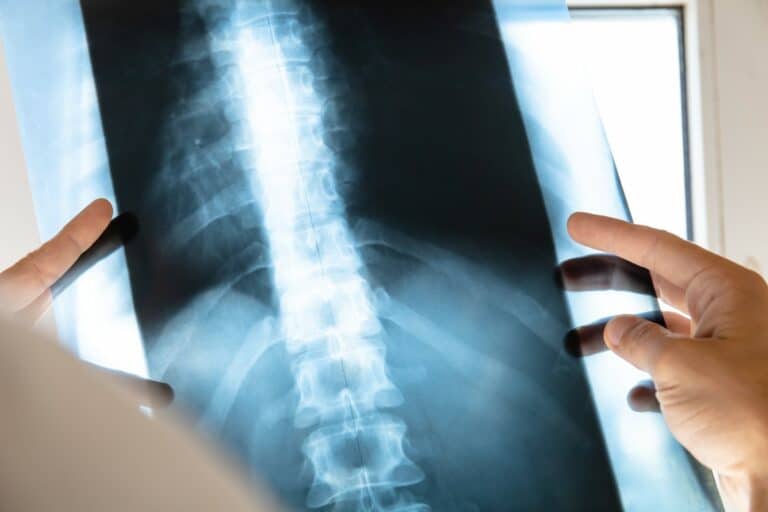Non-Freezing Cold Injury (NFCI): an invisible injury with life changing consequences
At this time of year life can be very challenging for a veteran with a Non-freezing Cold Injury. The cold weather intensifies symptoms making everyday tasks, and sometimes even just leaving the house, difficult to manage.
What is NFCI?
NFCI is caused by long periods of exposure to cold and wet conditions but it is different to frostbite because it results from the tissue cooling but not freezing. Military personnel spend a great deal of time out on exercise in various locations around the UK throughout the year. This can involve sleeping outdoors, crawling on the cold ground, water immersion and waiting outside for long periods of time, putting them at a high risk of sustaining the injury.
It affects mainly the hands and feet and the signs and symptoms can include:
- Pain
- Numbness
- Pins and needles
- Swelling
- A ‘stabbing’ feeling
- Colour changes
These symptoms continue even after rewarming and in the most severe cases the prognosis can be life-long. Unfortunately once a diagnosis of NFCI has been made, most military personnel will be medically discharged from their service as they can no longer carry out their function. It can lead to not only depression as a result of loss of military career but it can also exacerbate pre-existing psychiatric conditions such as Post-Traumatic Stress Disorder. In some cases victims can also develop debilitating pain conditions.
Life for any veteran brings about many challenges but with an invisible and often misunderstood injury it can be an uphill battle. After sustaining an NFCI, you should usually avoid working outdoors or in any environment where you may be exposed to cold conditions. With almost a fifth of UK employers unlikely to consider hiring an armed forces veteran and 24% less likely to hire someone with a disability, it is not difficult to see the challenges that someone with an NFCI will face when transitioning into Civvy Street.
Why does it happen?
Too often we hear our clients describing a situation where they have been on a military exercise, started to feel the symptoms listed above and reported to it to their chain of command, only to be ignored or told to “man up”. This leads to prolonged cold exposure with the potential irreversible damage being done.
In some cases, soldiers are not provided with the correct warm kit for an exercise or simply their chain of command haven’t been trained on how to recognise an NFCI or how to prevent it. In any event, such injuries should not happen.
A freedom of information request revealed that from 2012-2017, the Ministry of Defence paid out almost £30 million in compensation to victims of NFCI. This is not surprising given the amount of veterans who have experienced situations similar to the above, resulting in the career ending injury.
Do you have a claim?
Strict time limits apply to making a claim for NFCI and this is usually three years from the date of your first cold exposure and in some cases three years from when you became aware that you sustained the injury. Cold injuries are normally avoidable and if you think you have suffered from a cold injury unnecessarily, get in contact with a member of our team who will be able to advise you on whether you have a claim.










